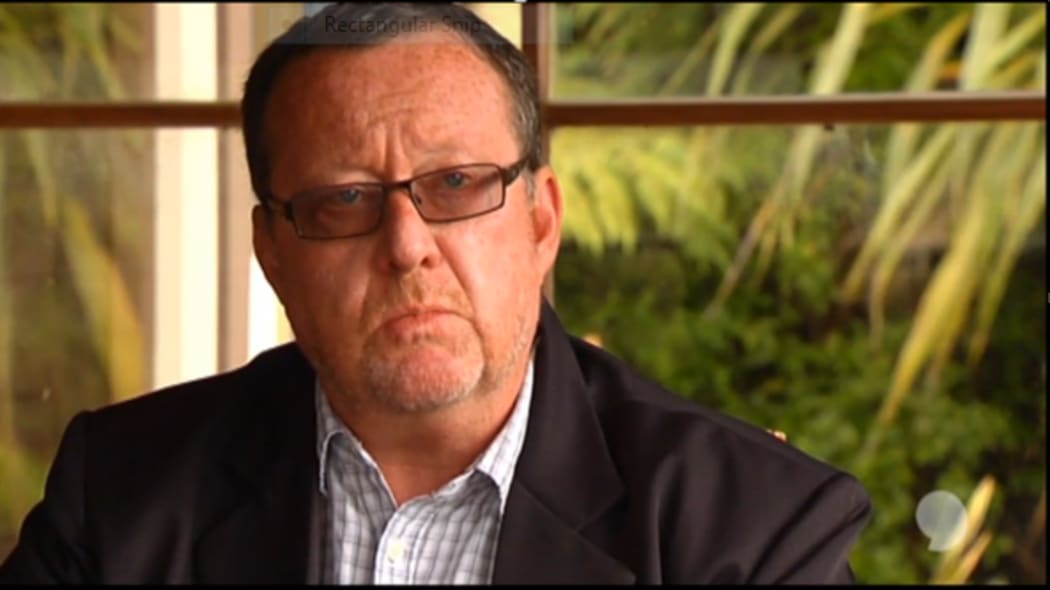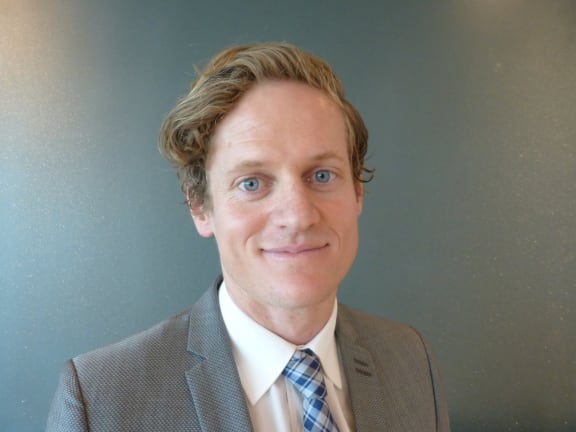An expert on money laundering is warning that banks are missing vast amounts of suspicious financial transactions linked to terrorism.
Ron Pol, a business analyst, who is also doing a doctorate in anti-money laundering, said it was still far too easy in this country for money to end up in the wrong hands.
Mr Pol said the terrorism financing behaviours institutions tried to spot were completely different to those underlying money laundering.
"Money laundering systems are designed to identify unusual transactions, so if you've got an unemployed 23-year-old banking $10,000 in cash every week it sends up a red flag because it doesn't match his profile.
"With terrorist financing there's often nothing unusual to spot because the money was earned legitimately, so it completely matches that person's profile. Then when they send it to ISIS or whoever, or they collect their funds together and head off and travel to Syria, that's the very first time that it can be spotted in a financial system.
The number of financial transactions suspected of being linked to terrorism has almost doubled in the last two years, from 21 to 40 cases.
Other analysts also said current laws to catch out those wanting to fund terror were too loose and difficult to enforce.
The police refused to release any details in relation to financial transactions suspected of being linked to terrorism including how much money was involved and if any transactions had led to any follow-on investigations.
Ron Pol warned the Anti-Money Laundering and Countering Financing of Terrorism Act (AML/CFT Act) which came into force in 2013, needed to be extended urgently to cover exempt groups such as lawyers, accountants, conveyancing practitioners, real estate agents and businesses that deal in high-value goods. New Zealand was vulnerable to terrorist financing, said Mr Pol.
"I don't think it's effective... the Act itself is too complex and the behaviours it is trying to spot are completely different to the behaviours underlying money laundering."
He said New Zealand was a soft target.
"Our systems are not as comprehensive as other countries. We also have a cultural belief that terrorism doesn't happen in New Zealand, therefore the financing doesn't happen in New Zealand, whereas financing can happen through any country, irrespective of where the event takes place."

Security analyst Paul Buchanan of 36th Parallel Assessments Photo: SUPPLIED
36th Parallel Assessments security analyst Paul Buchanan agreed. Dr Buchanan said while accountants and lawyers were meant to report suspicious transactions possibly linked to terrorism, under the Financial Transaction Reports Act, those sectors did not have a supervisor to monitor and enforce the law.
He said the AML/CFT Act was also ineffective.
"Often because of the cloak and dagger tactics used, for example the use of trusts, you have to dig to find out the illegal activity. And I think that the way the Act is constructed, and certainly the way the compliance regime is constructed, given our lack of enforcement capability, we don't have a culture of support for the measure that I think we should."
Massey University associate professor David Tripe, from the school of economics and finance, said the AML/CFT Act had put people on notice to make sure they had procedures in place.
But he said not everyone would know about the potential problems.
"There were various groups such as lawyers who will be talking to clients about financial transactions without any consciousness or awareness of the issues around money laundering and financing of terrorism."
And a senior manager in KPMG NZ's forensic team, Tim Goodrick, said the current act covering those groups only applied in limited circumstances.

Tim Goodrick Photo: RNZ / Laura Bootham
"While they have some obligations under the previous Financial Transactions Reporting Act, that regime has actually been found by the international body, the Financial Action Task Force (FATF) in 2009 to be non-compliant with international standards.
"And some of the significant shortcomings they found were, for example, the scope of the coverage of lawyers and accountants is not sufficient, it's quite limited and also the customer due diligence requirements under that Act are not comprehensive to meet the international standard."
While it was possible terrorist groups would look to use those groups as they moved funds to circumvent existing controls, international studies showed it had not been identified as a high risk in terrorist financing.
Justice Minister Amy Adams said in a statement that she has asked officials to begin preliminary policy work considering a second tranche of AML/CFT reform to extend coverage to additional Designated Non-Financial Professions and Businesses that included accountants and other groups currently exempt from that Act.
She said that while the government was seeing some good results with the work it was doing, there was always more to be done.
Ms Adams said the excluded groups were covered under the Financial Transactions Reporting Act, but a next stage would see them subject to the more comprehensive anti-money laundering obligations under the AML/CFT Act.

